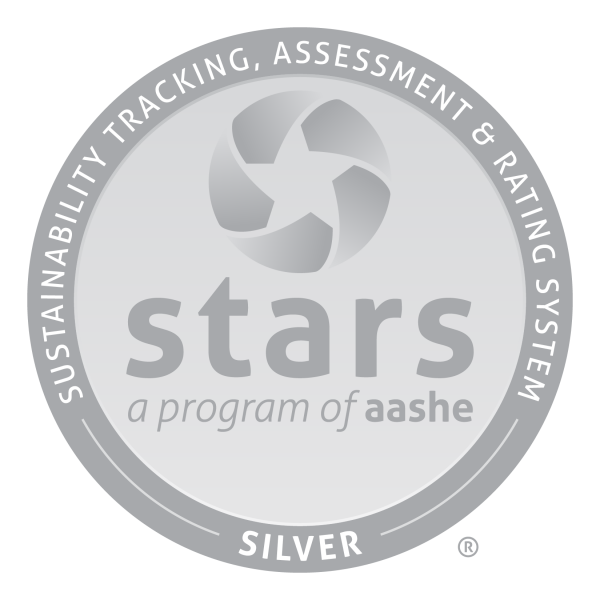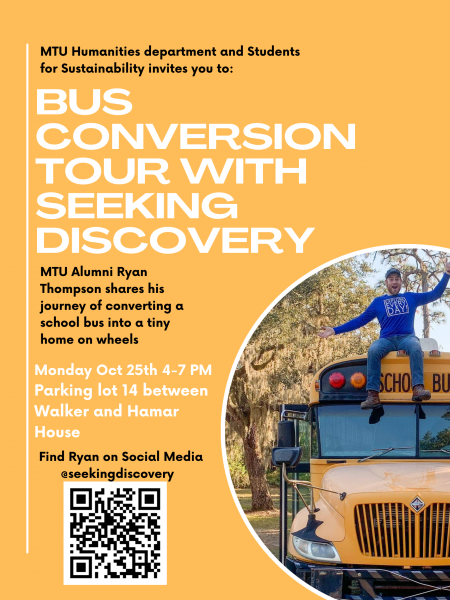Call for Proposals:
Sustainable & Resilient Communities Early Career Award or New Research Directions Award
Summary: The Tech Forward Initiative on Sustainability & Resilience (ISR) invites applications from Michigan Tech faculty and staff for the Sustainable & Resilient Communities Early Career Award or New Research Directions Award. The Early Career Award is intended for early career researchers on campus (assistant professors or research staff in the first five years). For early career faculty and staff who have already used their start-up funding or who have limited access to start-up funds, preliminary work in sustainability & resilience research can contribute to future research leadership. The New Directions Research Award is for established researchers on campus (tenured faculty or research staff who have worked at Michigan Tech for more than 5 years) who are pursuing new ideas or topics in their work. For more established faculty and staff, starting a new research direction to contribute to sustainability & resilience research can be challenging, and this award provides an opportunity to develop new research directions. ISR expects to award 2-4 Early Career Awards and New Directions Research Awards for faculty and staff who aim to make significant contributions to research addressing sustainability & resilience. This is potentially a one time opportunity for researchers to grow their engagement with sustainability & resilience in new ways!
Objective: The goal of these Awards is to advance new activity associated with research and leadership in sustainability and resilience at Michigan Tech. Sustainability and resilience are grand challenges that require collaboration, engagement across disciplines, and institutional leadership. Through these awards, ISR aims to grow Michigan Tech’s leadership in sustainability and resilience in ways that can be maintained through continued engagement.
Funding Amount and Funded Activities: Awards are expected to provide $5,000-$7,000, and ISR could support up to 4 proposals at this funding level. In exceptional circumstances,1-2 awards up to $15,000 may be considered, although funding level is expected to be commensurate with expectations for impacts associated with future increases in research activities and impacts. Awards expenditures should be planned for February-December 2022. Funding may be provided for student hourly work, access to or collection of seed data, professional development opportunities, and/or pilot/proof of concept work, etc., that can contribute to future research proposal development. Researchers are expected to build a detailed budget and budget justification explaining why the award is necessary to support the work. All proposals should clearly explain what additional sources of support will be leveraged, if any, and what the expected results from this funding are in terms of value added for the researcher, for ISR, and, importantly, for the broader Michigan Tech community. Most importantly, proposals should explain what kinds of impacts the work will have for the Michigan Tech community and how this award will propel productivity in sustainability & resilience research.
Mentorship: As part of this award, each awardee will be matched with a mentor/potential future collaborator from Michigan Tech to support development in sustainability & resilience research leadership. Proposers should identify 2-3 potential mentors/future collaborators (Michigan Tech faculty or staff) from across campus. The ISR WG will help to create mentorship/collaborator matches and support the structure of early mentorship discussions.
Deadline: Submissions via email are due no later than January 10, 2022. A second round of Awards may be available in spring 2022, pending funding availability. Awardees will be expected to complete a post-award report and present to the ISR WG about their work after the award period.
Submission Process: Proposals should include and will be evaluated based on the following:
- A title indicating whether the submission is to be considered for an Early Career or New Directions award
- Project start and end dates; must be begin after February 2022 and be completed by December 2022
- Project description, clearly explaining the significance of the work for growing Michigan Tech’s leadership in research that addresses grand challenges for creating more sustainable and resilient communities (2 pages maximum; at least 11-point, Times Roman font, 1-inch margins)
- A paragraph that details what kinds of impacts the work will have for the Michigan Tech community and how this award will propel future research productivity in sustainability & resilience research
- Identification of 2-3 potential mentors
- A detailed budget and budget justification, including details on what additional resources, if any, are being leveraged for the proposed project. These additional resources may include other sources of funding, other data or laboratory needs, etc.
Proposal narratives, potential mentors, budgets, and budget justifications should be submitted as a single document via email to Chelsea Schelly, cschelly@mtu.edu. Given the flexible nature of this award, potential submitters are encouraged to reach out with questions or to pitch ideas before developing a proposal. ISR looks forward to receiving your inquiries!


